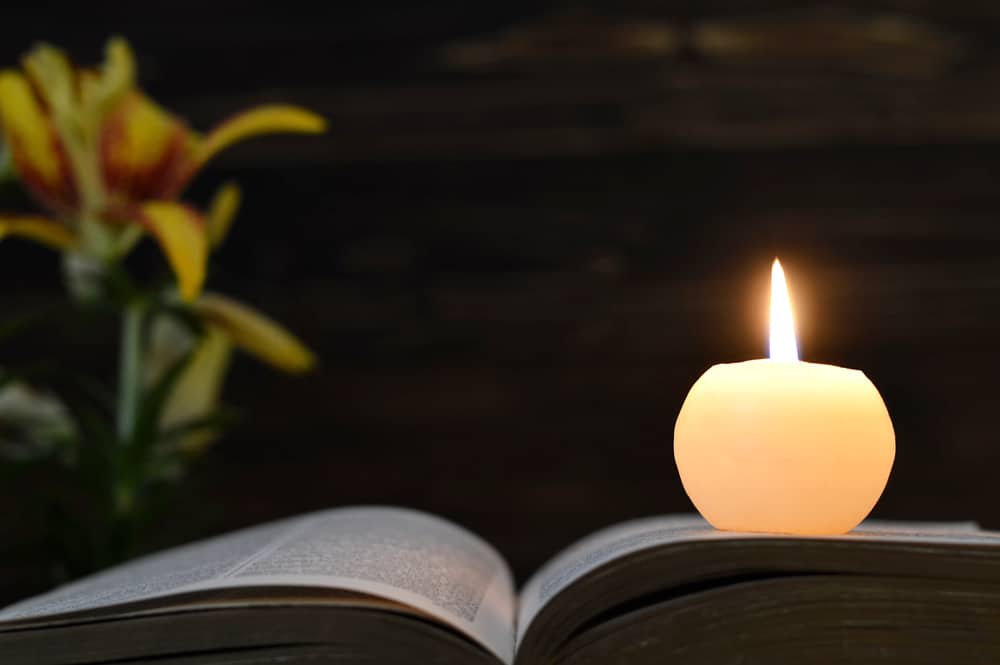
First call: Contacting a funeral home
One of the first steps the legal next of kin, or personal representative of the deceased (executor named in the Will) must take is to contact the funeral home. Remember, most funeral homes are available to take your calls 24 hours a day and are there to answer any questions you may have. This could be an extremely confusing time for you. The funeral director will be able to guide you through the necessary steps that need to be taken and provide you with some reassurances.
You can find funeral homes near you by visiting our funeral home directory or find an affordable direct cremation service provider at DFS Memorials.
From the information you have given the funeral home, they will be able to make arrangements to have the deceased transferred to the funeral home. At this time the funeral director will set a convenient time for you and your family to come to the funeral home and make further arrangements. Or, as is often common these days, some of the initial details can be completed over the phone or online.
If you wish to visit and make arrangements in person, it is important for you to set an appointment with the funeral director. This will enable the funeral director and your family enough time for a private consultation. Simple arrangements can take one to one and a half hours to make.
Initially, the funeral director will need to gather personal information about the deceased. This information is required for the funeral director to register the death and obtain the death certificate. You will also need to provide details of where the deceased is to be collected from and give authorization for the funeral home to collect your loved one.
How the death is registered
At the time of death, the attending physician or coroner will sign a medical certification of death form (this is not the same as a death certificate). In most cases, the funeral director will obtain this document which is required to register the death. The registration of the death form is filled out by the funeral director. The funeral director will ask you for information that is required to complete the form such as: residency information, marital status, personal health care number, occupation, birth date and birthplace, father and mother’s names, and birthplace.

To register the death, the funeral director will then submit the statement of death and death certificate to the applicable provincial authority. A permit for disposition (burial or cremation) is then issued to the funeral director. The funeral director will also ask you how many original death certificates you will require. For most estates, two original death certificates should be sufficient. The funeral director will then order the death certificates for you.
How much do death certificates cost?
The fee for a death certificate varies by Province.
| Province | Death certificate fee |
| Alberta | $20.00 |
| British Columbia | $60.00 |
| Manitoba | $30.00 |
| New Brunswick | $40.00 / $45.00 |
| Newfoundland & Labrador | $55.00 |
| Northwest Territories | $22.00 |
| Nova Scotia | $33.00 |
| Ontario | $15.00 |
| Prince Edward Island | $35.00 / $50.00 |
| Quebec | $62.00 |
| Saskatchewan | $35.00 |
| Yukon | $60.00 |
WILL I NEED TO SELECT A CASKET FOR BURIAL OR CREMATION?
Before you and the family visit the funeral home to make the necessary arrangements you should know whether burial or cremation has been selected as the final disposition. You will be asked to select a casket. If you have decided on a traditional burial, or a funeral service followed by cremation, you may wish to select an appropriate casket for the funeral service.
The casket selection room will probably have a variety of caskets constructed of various materials. The three main selections are: hardwood, cloth-covered, and metal. Hardwood and cloth-covered caskets are suitable for cremation, however, metal is not. A popular choice is a hardwood casket suitable for cremation and for ceremonies held before cremation or burial takes place. Minimum containers made of particleboard, or reinforced cardboard, are often now used when a simple, direct cremation is selected. These are inexpensive and suitable for the purpose of cremation when no service is being held.
Casket and container costs will vary according to the materials used and designs selected.

You may also wish to discuss at this time the selection of an urn for cremated remains. If applicable, cemetery arrangements will also have to be made. The cemetery in most cases will need at least 24 hours’ notice prior to burial. By provincial law, cremation cannot take place prior to 48 hours after the death. Requirements for burial generally include will require the issue of a burial permit and the purchase of a plot for interment. Some cemeteries also require that a grave liner be purchased.
Your funeral director can help you coordinate burial arrangements with the cemetery.
If you have opted not to have an in-person arrangement at the funeral home, it is likely that the funeral home will offer to send you a casket brochure and price list to make your selection. Some funeral homes also now offer interactive online arrangement web portals that can help you make merchandise selections.
Do I need to bring in clothing for the deceased?
You may wish at this time to bring clothing for the deceased to the funeral home. Even if you do not wish to view the deceased, bringing in clothing can provide you and your family comfort and be psychologically beneficial. Clothing can be any type of apparel such as a nightgown, sportswear, formal attire.
Consider taking a friend to the funeral arrangement meeting to offer emotional support and an objective ear
It can be very overwhelming to go through the arrangement conference. There can be several decisions to be made. Choices about merchandise and ancillary services. It can seem undignified to be price-conscious and asking questions about the costs involved based on decisions made.
Therefore, it can help to ask someone to accompany you who is not as emotionally involved as a counsel. It can be useful to discuss with this person what your plan is for the funeral arrangements prior to visiting the funeral home. Even explaining your budget, so that they can help you keep to your plan without being swayed by a ‘sales pitch’ from the funeral home.
The term “distressed purchase” is often used about a funeral service for a reason. It is hard to make rational decisions when you are grieving.

